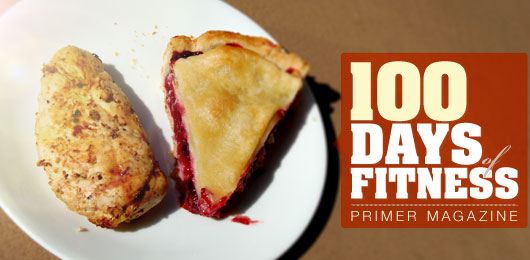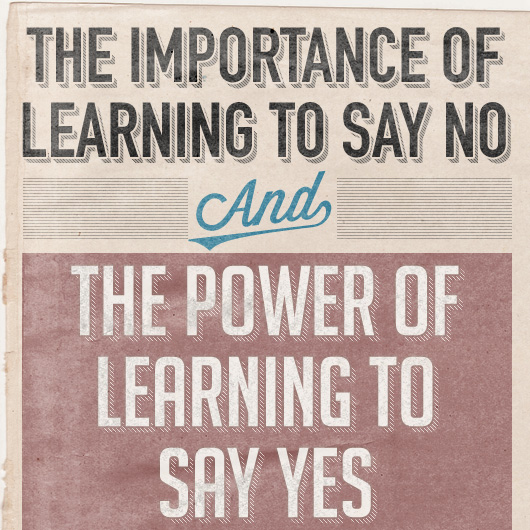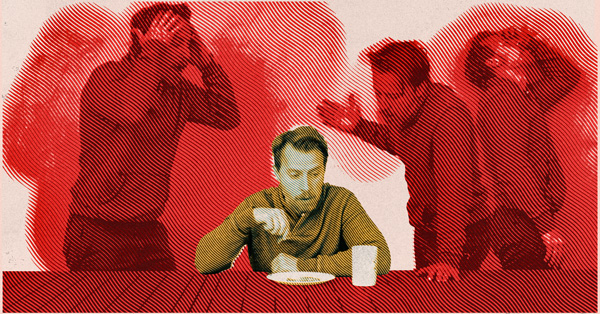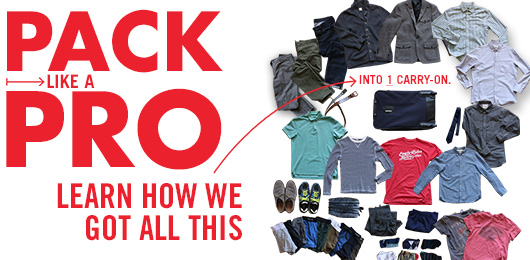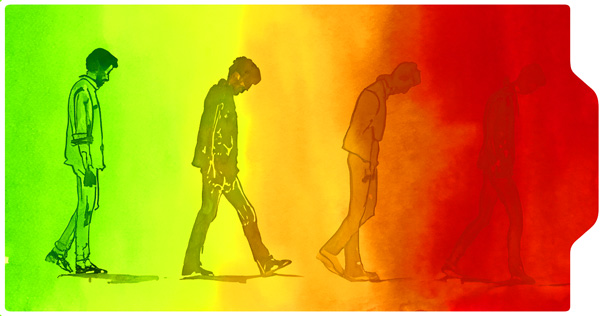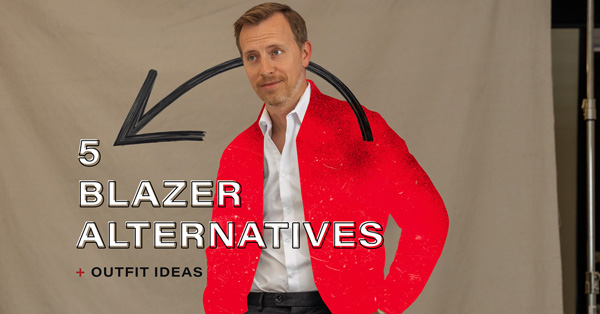100 Days of Fitness
- 100 Days of Fitness: An Introduction
- 100 Days of Fitness: Week 2 - Nutrition
- 100 Days of Fitness: Week 3 - Exercise
- 100 Days of Fitness: Week 4 - Building a Home Gym
- 100 Days of Fitness: Week 5 - Supplements
- 100 Days of Fitness: Week 6 - Expectations
- 100 Days of Fitness: Week 7 - Footwear
- 100 Days of Fitness: Week 8 - Food Lies
- 100 Days of Fitness: Week 9 - Meet the Kettlebell
- 100 Days of Fitness: Week 10 - Sample Circuits
- 100 Days of Fitness: Week 11 - Days vs Weeks
- 100 Days of Fitness: Week 12 – The Geography of Weight Loss
- 100 Days of Fitness: Week 13 - Travel Training
- 100 Days of Fitness: Week 14 – Meals, Snacks, & The Pocket Workout
- 100 Days of Fitness: Week 15 - What It's All About
- 100 Days of Fitness: Week 16 - Endless Push-Ups & Learning the Pull-Up
- 100 Days of Fitness: Week 17 – Adjustable Kettlebells + A Circuit
- 100 Days of Fitness: Week 18 – Intermittent Fasting & Strength Test
- 100 Days of Fitness: Week 19 – 15 Minute Workouts & A Cool Workout iPhone App + Contest
- 100 Days of Fitness: Week 20 - Switching It Up
- 100 Days of Fitness: Week 21 – Reflections
- 100 Days of Fitness: Week 22 – A Week Without a Workout
- 100 Days of Fitness: Week 23 – Why We Work Out & The 30 lbs Lost Marker
- 100 Days of Fitness: Week 24 - 5 Common Home Gym Mistakes
- 100 Days of Fitness: Week 25 – Work Ethic
- 100 Days of Fitness Special: Men's Health in Movember
- 100 Days of Fitness: The Muscle Aesthetic
- 100 Days of Fitness: The Cure for Holiday Pounds
When it comes to food and nutrition, you could write an entire book on the lies we've been told – or an entire book of lies, presented as truth. Perhaps calling them lies is a bit harsh, but at the very least, much of what you're told by the fitness industry is deliberately misleading.
Empires have been built on selling you things that are fat free, low sodium, no cholesterol, or whatever. Most of these are built on old nutritional ideas that fat, and sodium, are bad for you. Many modern studies show that fat is actually good for you, sodium isn't the great blood pressure danger we were told (An article from the Telegraph, comments by Paul J. Rosch, M.D. of the American Institute of Stress), and that cholesterol from food doesn't change cholesterol levels in your blood. None of that even addresses the fact you can advertise something as low-fat, low-sodium, and low cholesterol while completely ignoring everything else about the food to misrepresent it, or to state the obvious in an attention getting way. Are you more apt to buy low cholesterol lettuce? Well considering all lettuce is cholesterol free, it's completely a marketing gimmick. Or, you can get something like Doritos advertising that they're free of Trans-fats (one of the only actually bad for you fats, by the way), but that is just a flash in the pan to distract you from the calories, carbs, regular fats, and anything else in the chip you might not care for.
But I'm not here to address those particular lies, or misrepresentations. No, I'm taking aim at the burgeoning empire of “Eat This, Not That” craze and the whole “You must exercise X amount to burn of Y food.” Because this is basically bullshit. I have plenty of problems with “Eat This, Not That,” such as unfair comparisons (apparently eating a a regular hamburger is less calorie dense than a Double Whopper) and outdated health ideas (fat, again, is not actually bad for you). The main reason I dislike them, though, is that they helped start the “burn off bad food” scare, which is uncool for two reasons.
First, if people think they can eat a whole bag of chips and then run for two hours and think they're calorie neutral, at best you're enabling an unhealthy cycle of eating. If you're free to consume as much sugar as you can run off in a day (calorie wise), you're still consuming heavy amounts of refined carbohydrates, which, despite increased exercise, can lead to health problems and fat gain. Yes, you can gain fat even while exercising, if your diet is screwed wacky.
However, that's not even my primary reason for hating the ‘burn off bad calories' idea. It's the very idea that I have to go out of my way to burn off something I ate. Let's imagine for a moment that the only thing in the world that matters nutritionally is calories (even though that's probably not true). If I eat a Big Mac, I don't need to run for 50 minutes. I need to adjust my calories for that day to handle a 560 calorie Big Mac. There isn't anything necessarily evil about the Big Mac hamburger. It's not a poison rotting my gut that I must exercise. If calories are all that matters, than all I've done is eat 560 calories. I'm still at least 1440 calories away from consuming a “normal” days amount.
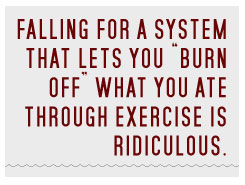
You want to get on someones case about eating a slice of pizza (run for 32 minutes), a piece of cheesecake (run for 41 minutes), or drinking a Coke (sprint for 12 minutes)? Well, if we're just counting calories, you have to ‘burn off' everything you eat: Small Caesar Salad with Chicken (run for 20 minutes), salmon with vegetables (47 minutes), or a footlong turkey sub on whole wheat (50 minutes)?
Eating doesn't come with a built in penalty system. You should be eating smartly when it comes to carbs and protein, but falling for a system that lets you “burn off” what you ate through exercise is ridiculous. You still ate it. Further, your body needs calories. As long as you're adjusting your intake appropriately, you can fit almost anything into your diet, at least on occasion. There are Olympic athletes who eat Snickers every day. The world's strongest man, Marius Pudzianowski eats a pound of bacon a day and handfuls of chocolate. Fit actor Jared Padalecki eats handfuls of candy. Why are they not obese, sick, or dead? Because food by itself is not evil, nor are you punished for eating certain things. If you adjust your calories correctly, eat the proper amount, and choose the proper nutrient breakdown most of the time, you are a healthy, normal person.
Basically, all I'm saying is be weary of what others tell you about eating – funny, I know, considering I'm telling you about eating. But above all remember that nothing is completely off limits and, with the proper choices most of the time, you can eat this and that.
My Results
I put in a solid week of effort this go around and hit an almost perfect week – just one day off on Saturday, after my official weigh in. This week I'm tipping the scale at 237lbs, down 1.5lbs from last week. Not the two pounds I'd love to see, but a good loss. Total so far is on course at 14.5lbs.



